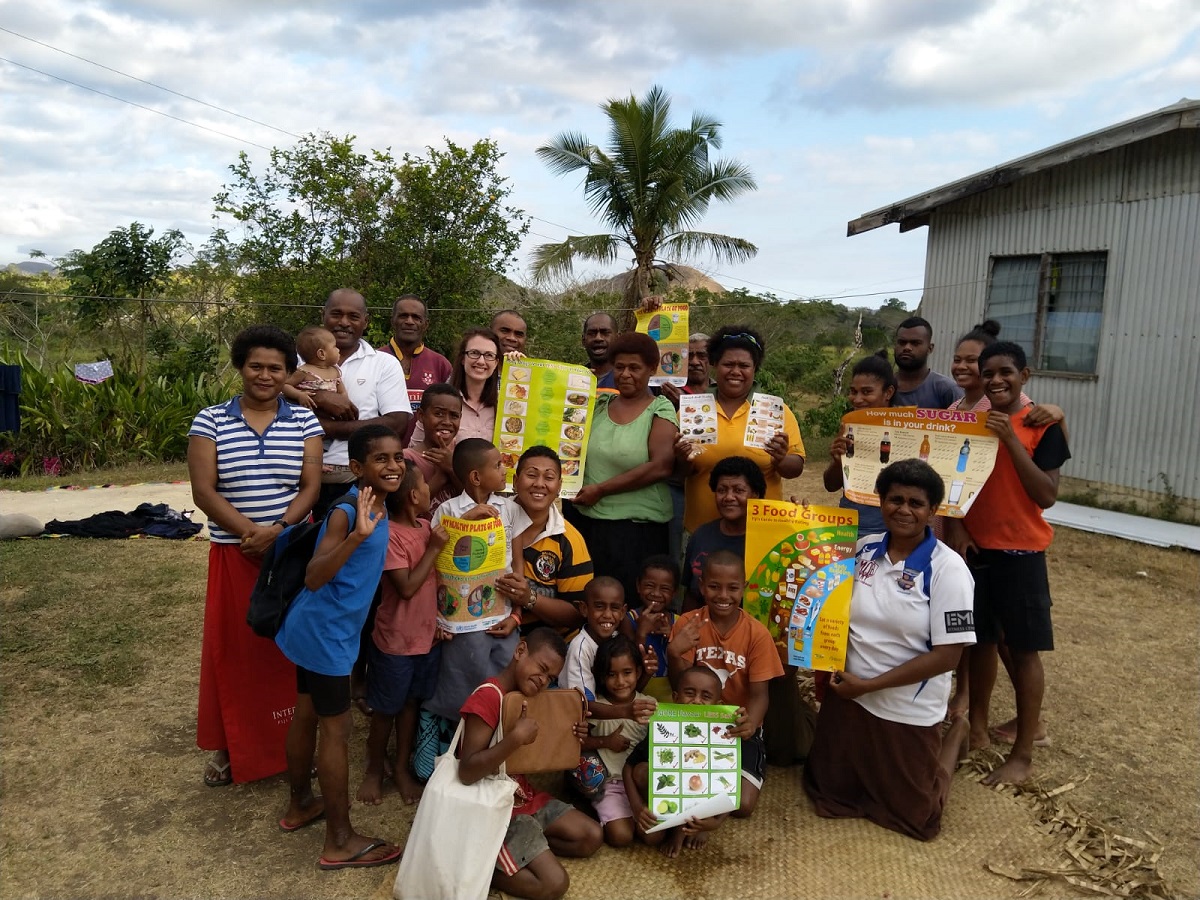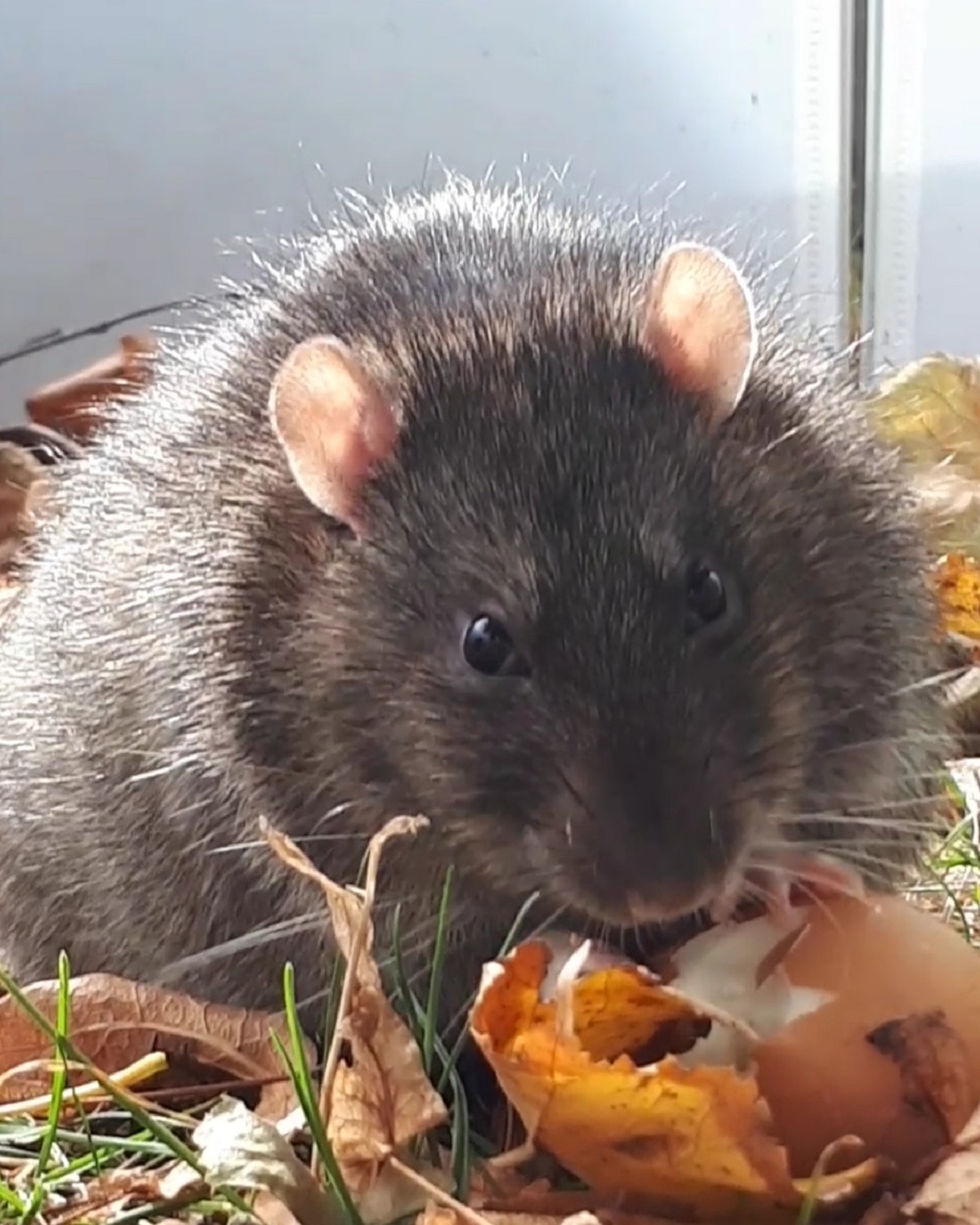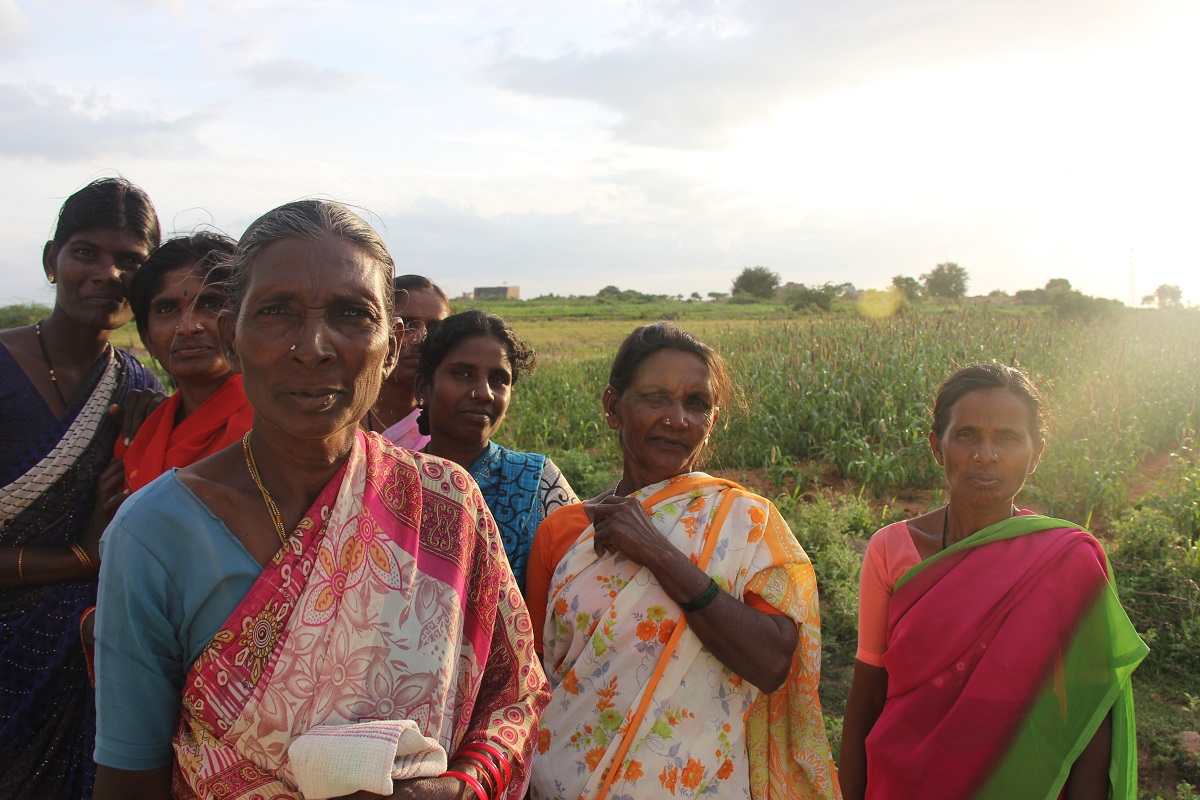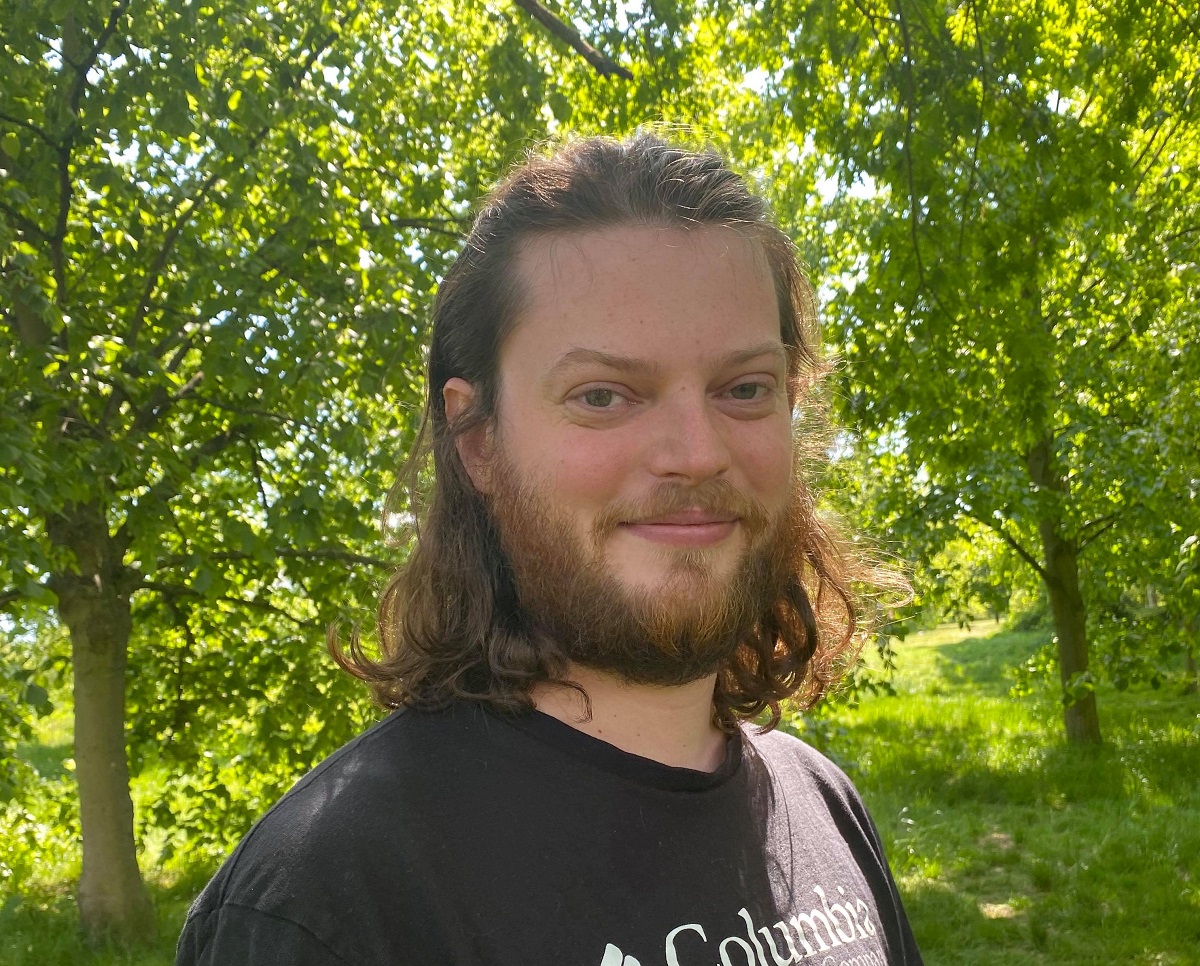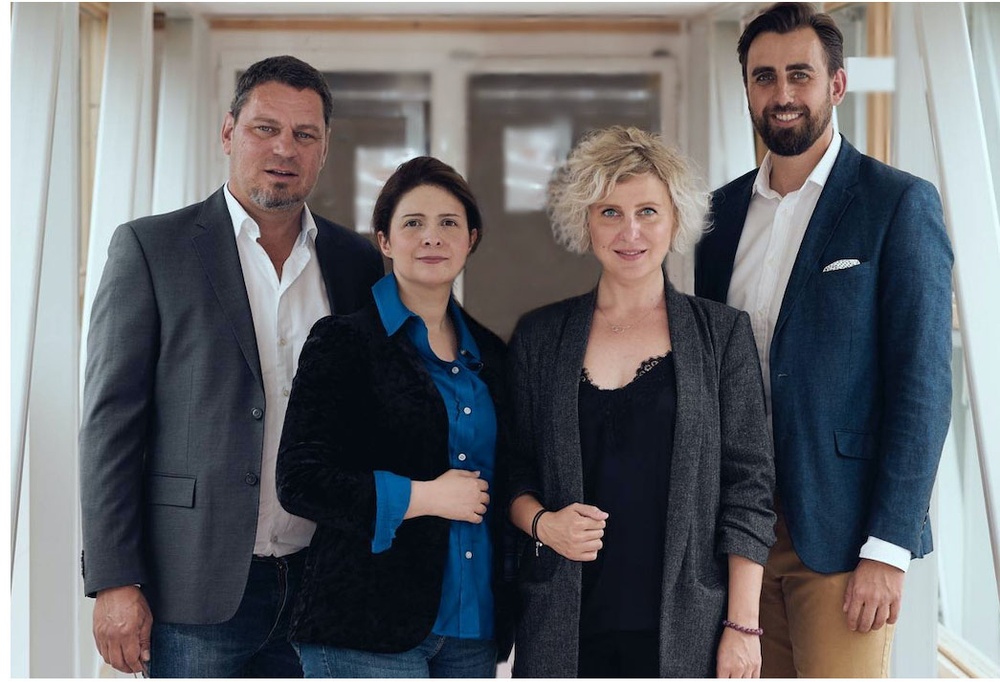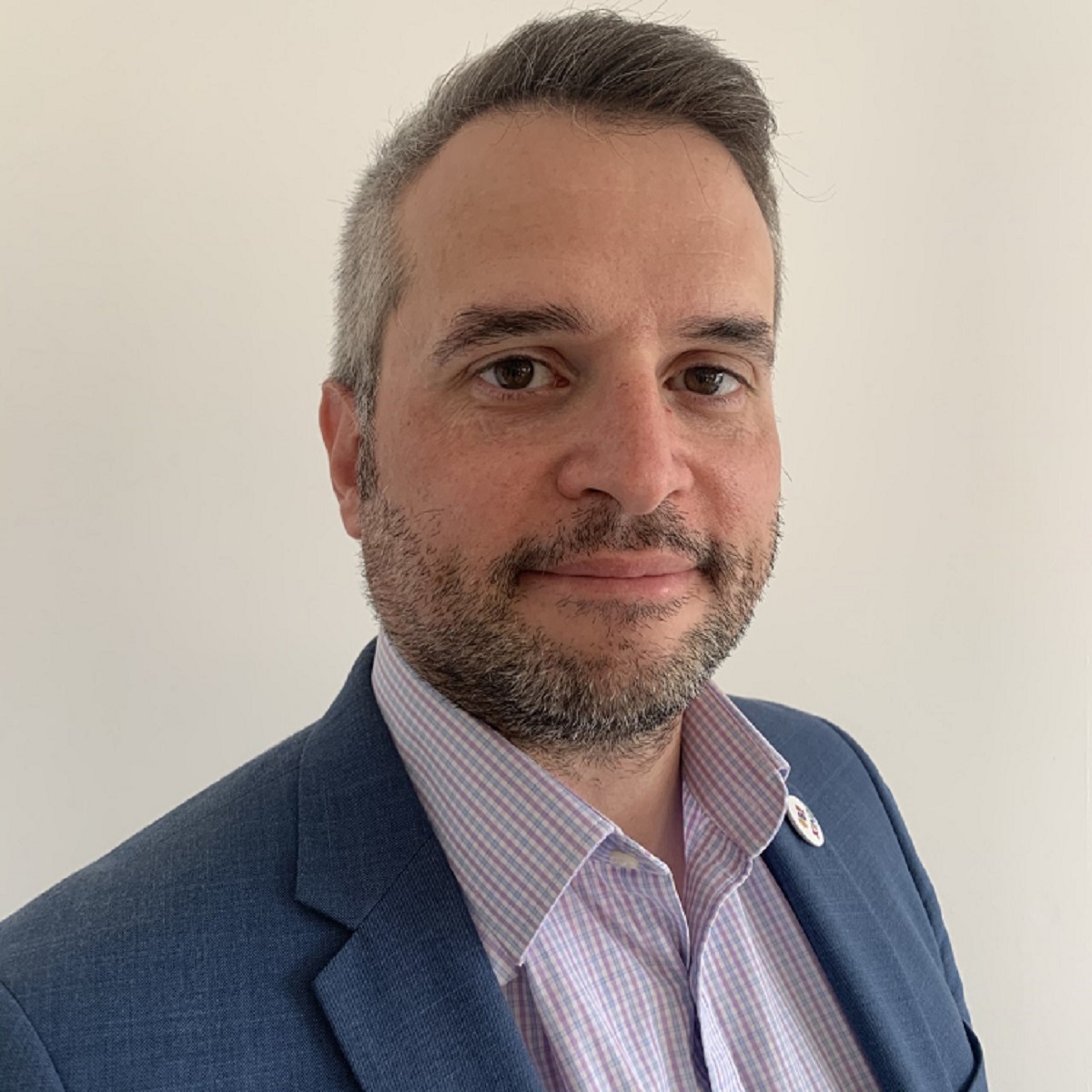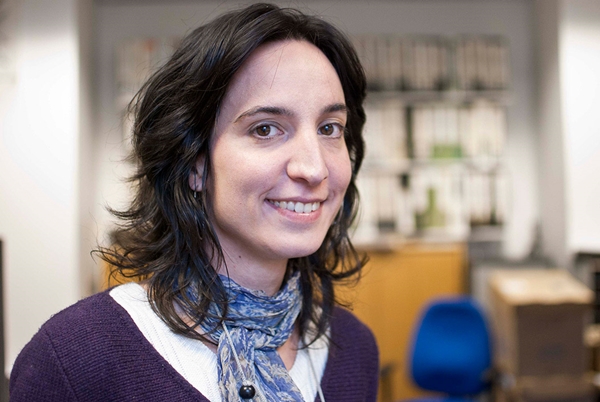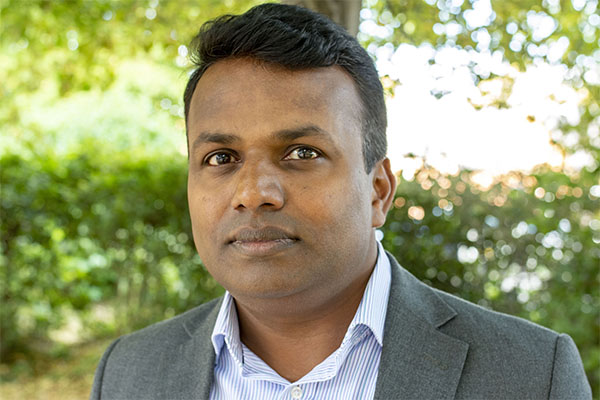News - 2021
PhD student Lydia O’Meara, was recently awarded a prestigious ECR – Early Career Researcher - development scholarship, from the Nutrition Society of Australia, for her BSc work helping rural Fijians grow, buy and consume healthy food. Now a first...
Former NRI staff member, Alan Mills, has been recognised and rewarded with an MBE in this year’s Overseas and International Honours List. Alan has been a MapAction volunteer since 2005, applying his knowledge of geospatial systems to help get aid...
NRI is heading up a new project which is working with women millet producers in Self-Help Groups (SHGs) in Odisha, India, and which has just been awarded a prestigious grant of one million dollars over the next three years. The funding, from the...
The Natural Resources Institute is part of a new European consortium investigating how rodents spread diseases on livestock farms and generating knowledge to develop future strategies to protect farm animals from rodent pest problems.
Dr Lora Forsythe is Associate Professor in Gender, Inequalities and Food Systems at NRI. In this article for International Women’s Day 2021, she explores the ‘seismic shifts’ that have occurred globally during the past 12 months, and how NRI’s...
Richard Lloyd Mills is an NRI PhD student who has just been awarded an £11,000 grant from the British Egg Marketing Board which will enable him to undertake further research into the genetic makeup of the Poultry Red Mite - a pest which affects...
NRI’s Dr Noushin Emami, Associate Professor of Bioinformatics, won a Stockholm Innovation award at the end of 2020, for her work on a novel and environmentally sustainable mosquito control product. The award, given by the City of Stockholm, is...
NRI, together with EMBL’s European Bioinformatics Institute (EMBL-EBI) and their African partners, have made a significant scientific breakthrough in unlocking the genomes of whitefly species – tiny agricultural pests that causes enormous problems...
Paul Hyatt confesses to being a life-long lover of all things geographic and that he felt like a ‘kid in a sweet shop’ when he studied with NRI at the University of Greenwich. Paul took five minutes out of his day to Skype with Communications...
The International Day of Women & Girls in Science takes place on the 11th February 2021. Science and gender equality are both vital for the achievement of the internationally agreed Sustainable Development Goals, including the 2030 Agenda for...
If a researcher came to your house and asked you to list every ingredient of every meal eaten by members of your household the previous day, how readily could you provide this information? Perhaps you might forget some items, or feel uncomfortable...
NRI’s Professor of Molecular Plant Pathology, Maruthi Gowda, has received the prestigious Hind Rattan award. The Hind Rattan, translated into English as "Jewel of India", is one of the highest awards granted annually to non-resident...


